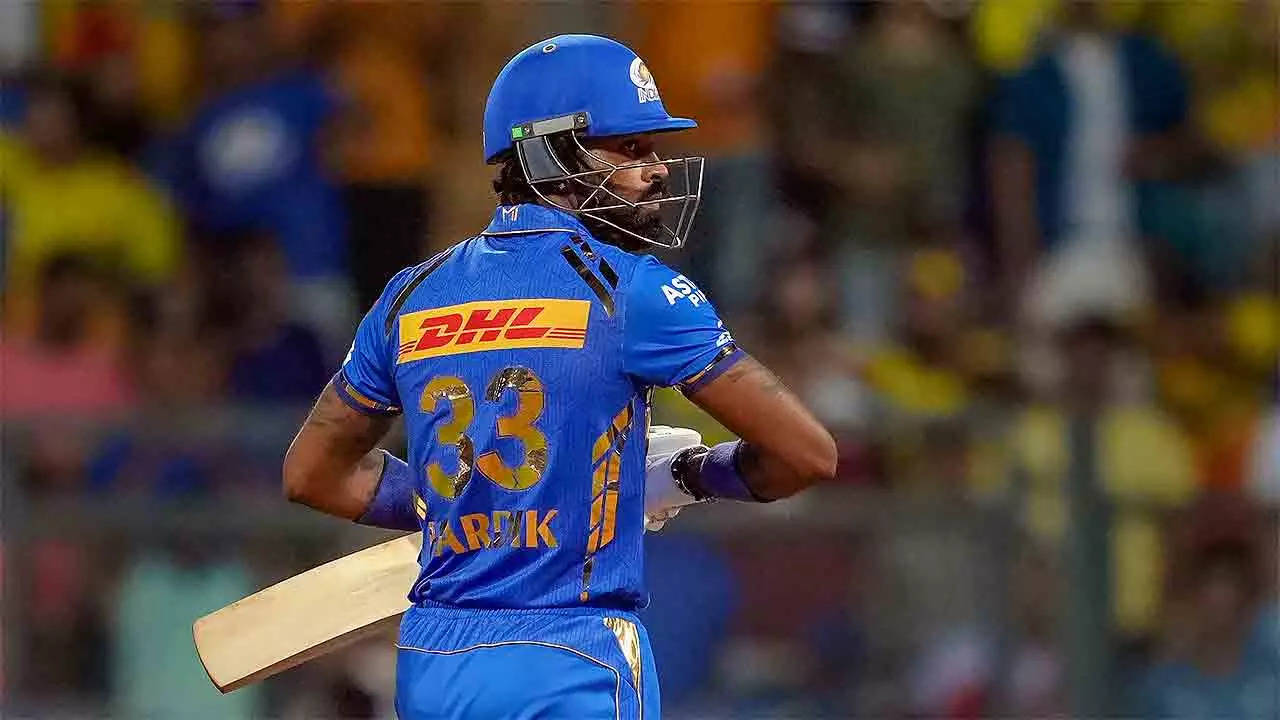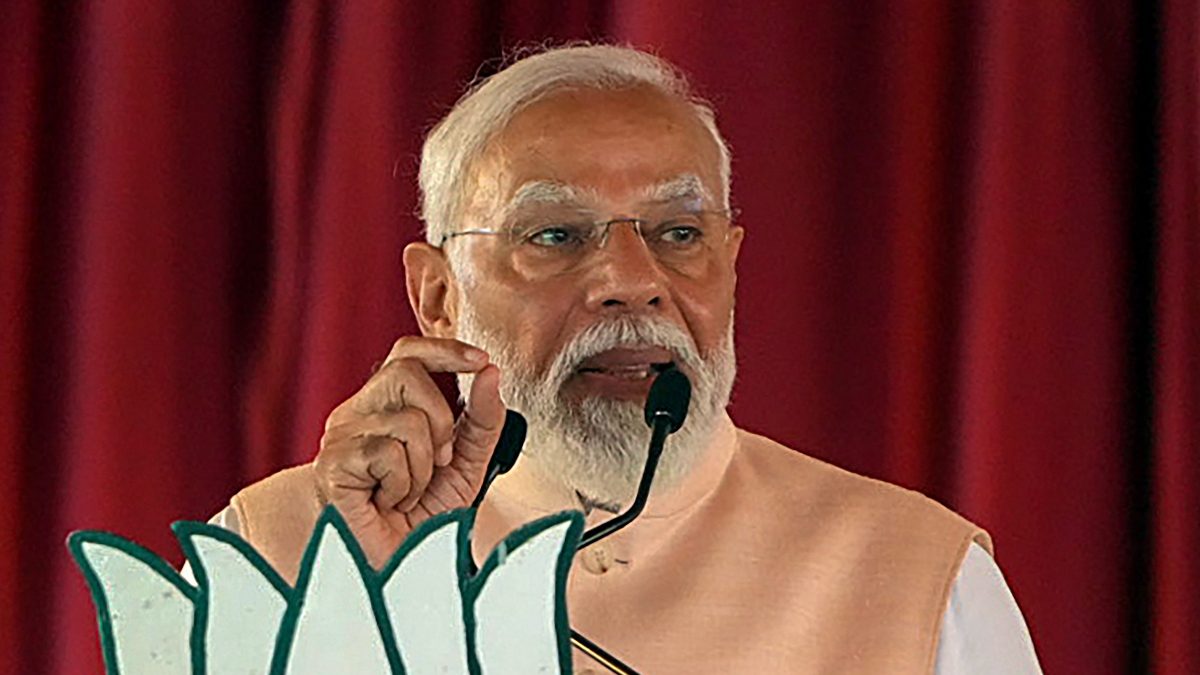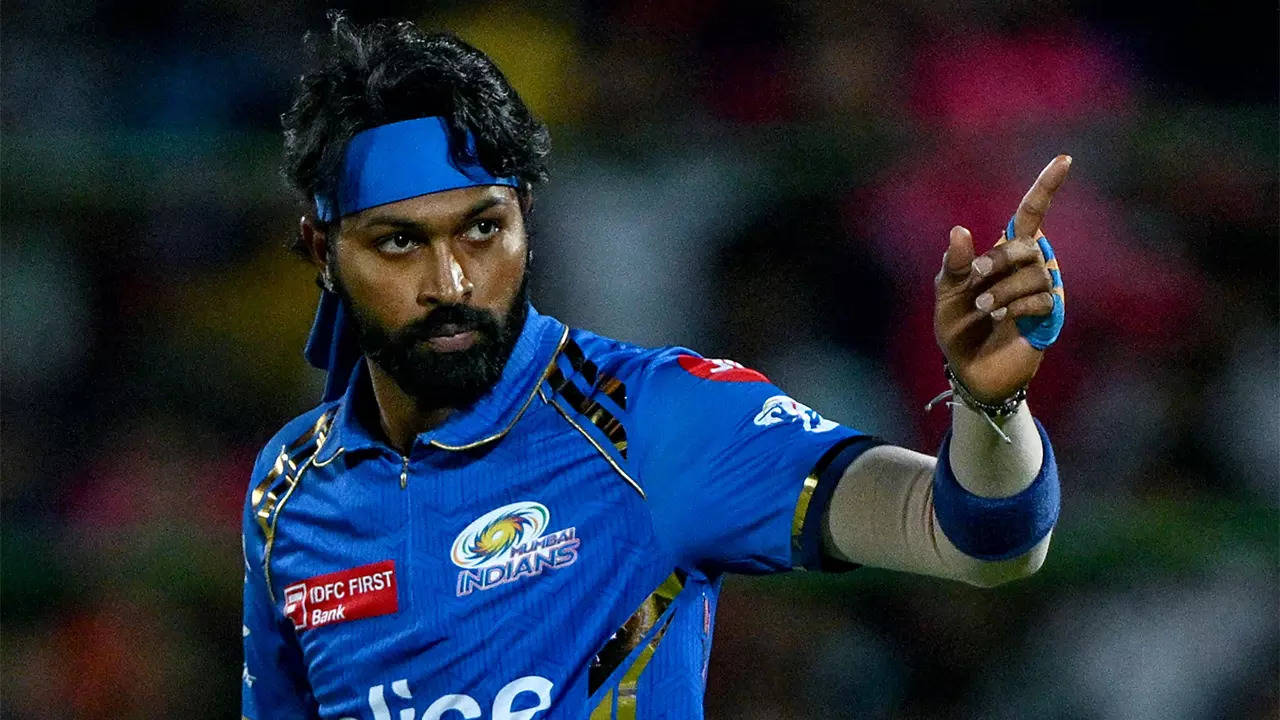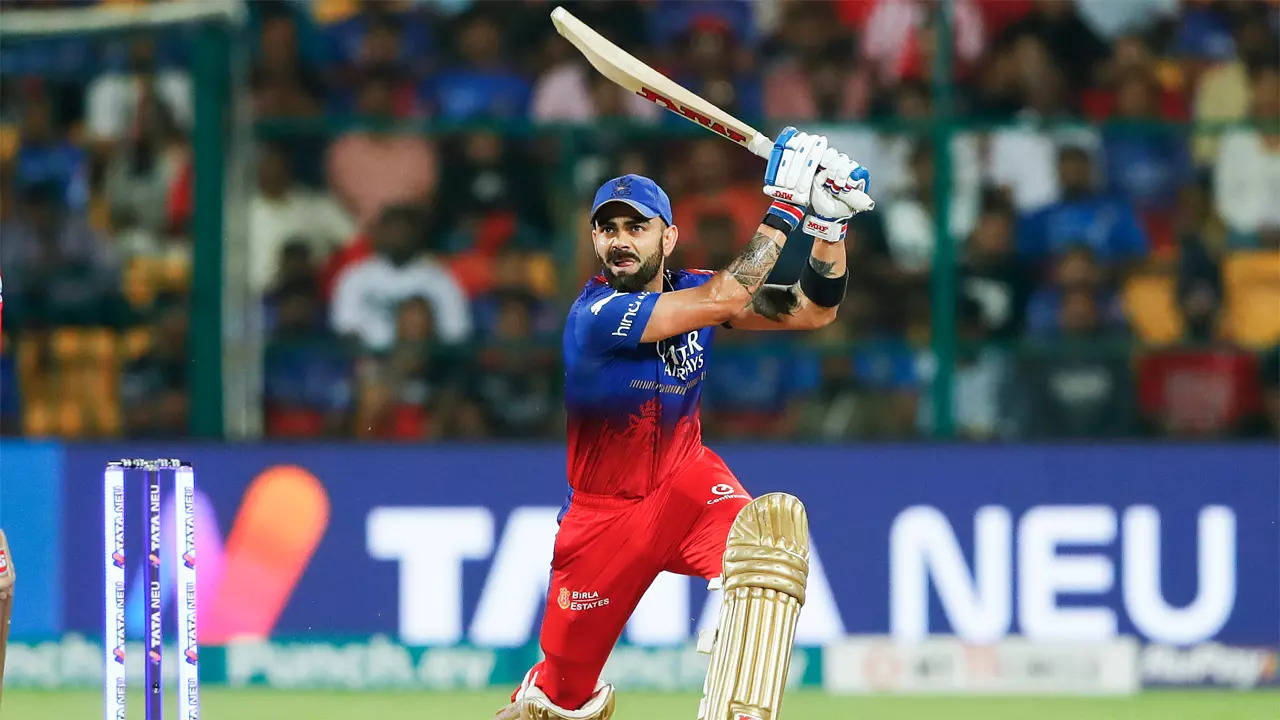Former Chancellor Rishi Sunak and Foreign Secretary Liz Truss are the last two candidates in the race to succeed Boris Johnson as leader of the Conservative Party and the next British Prime Minister. Having led every vote to date, Sunak maintained his popularity among Tory MPs, winning the fifth and final round of the leadership contest by 137 votes, while Truss finished second on July 20 with 113 votes.
Sunak, whose departure from Cabinet on July 5 marked the beginning of the end of Boris Johnson’s government, said he was “the only candidate” who could beat Labor in the next general election and said that economic policy , which he introduced as finance minister “has helped get this country through an incredibly difficult time in recent years.”
While Sunak emerged victorious from the leadership election among Tory MPs, he faces a difficult challenge winning base support for the Conservative Party, which will select the future Prime Minister next month and so far appears to favor his rival Liz Truss.
Who is Rishi Sunak?
The 42-year-old Tory MP was born in Southampton, UK, to parents of Indian descent. His father was a GP with the National Health Service (NHS) and his mother ran a local pharmacy. Born in Punjab, his grandparents had emigrated to East Africa before moving to Britain in the 1960s, where they reportedly worked administrative jobs.
He studied at the elite private school Winchester College, then went to Oxford University and Stanford University, where he received his MBA and won the prestigious Fullbright Scholarship.
His impressive resume includes work as an investment banker at Goldman Sachs and various hedge funds. In 2009, Sunak married Akshata Murty, heir to Narayan Murthy, the billionaire owner of Infosys.
Rishi Sunak’s political career
Sunak’s political career began in 2015 when he was elected Conservative MP for Richmond, Yorkshire. An early supporter of Brexit, his career was catapulted when he was appointed junior minister in the government of former British Prime Minister Theresa May. Sunak, who backed Boris Johnson’s Tory leadership election in 2019, was rewarded with the post of Chief Secretary to the Treasury this year. Following a cabinet reshuffle in February 2020, Sunak was promoted to Chancellor of the Exchequer, a post that ranks third in the list of ministers, behind only Deputy Prime Minister and Prime Minister.
As newly elected chancellor, he faced the difficult challenge of leading the economy as the coronavirus pandemic ravaged the world and lockdowns were imposed in the UK. He vowed to do “whatever it takes” to help the British people and launched a £350 billion financial bailout that saw his personal poll numbers soar, the BBC reported. He was lauded for that program and his expensive job retention program, which Reuters said prevented mass unemployment.
The criticism of Rishi Sunak’s politics
While Sunak made a rapid breakthrough in the Conservative Party in just a few years, he faced scathing criticism from the opposition and the public for his role as chancellor.
Sunak has reportedly been criticized for not providing enough financial support to households during the Covid-19 lockdown. Reuters reported that its tax and spending budget in 2021, in which the government imposed heavy taxes on the public to later spend on the public, also put Britain on track for its heaviest tax burden in around 70 years and weakened its support claims to lower ones Steer.
During his tenure as chancellor, Britain also faced its highest rate of inflation in 40 years as consumer prices rose 9 per cent in April this year, with the Bank of England warning they would rise a further 11 per cent. As a result, various unions in the UK have started striking for higher wages. Last month Britain faced its biggest rail strike in 30 years as over 40,000 rail workers took part in a mass strike and other groups also threatened industrial action.
Personal picture of Rishi Sunak
The ‘golden boy’ of British politics also suffered personal scandals when controversy arose over his wife Akshata Murty’s finances. In April it was found that she had non-resident status in the UK and was therefore not paying UK tax on her overseas income. Although it wasn’t illegal, the Labor Party said it was “breathtaking hypocrisy” that the Chancellor’s wife had a reduced tax bill while Sunak was raising taxes on millions of workers, the BBC reported.
After the controversy, Murty announced she would start paying British taxes. She reportedly saved around £20m in taxes on dividends from the shares she held in Infosys.
His image also suffered in the ‘Partygate scandal’ when media reports and government inquiries revealed government officials, including Johnson and Sunak, had flouted the UK’s strict lockdown rules and attended parties. Both were fined by the Metropolitan Police for attending Johnson’s birthday party in June 2020.
What now?
Sunak and Truss will now begin the final leg of their race as they prepare for weeks of nationwide hustings in which they will attempt to persuade members of the Conservative Party’s grassroots party to vote for them. Hustings are meetings where candidates discuss policies and answer questions from the audience. The Guardian reports there will be 12 hustings in total, with the first taking place in Leeds on July 28.
The estimated 160,000 party members will vote for their preferred candidate by September 2, either by online voting or by post, and the BBC reports they are expected to receive their ballot papers by August 1.
While Sunak has continued to maintain his popularity among Tory MPs, so far Truss has been favored by the party’s rank and file, the electorate that will ultimately decide who will be the future prime minister. A July 21 YouGov poll of 730 Tory members placed Truss just ahead of Sunak at 62% to 38%.
Final results will be announced on September 5th.

“Beer maven. Creator. Tv fanatic. Internet scholar. Award-winning web junkie. Avid alcohol expert. Friendly writer. Gamer.”







